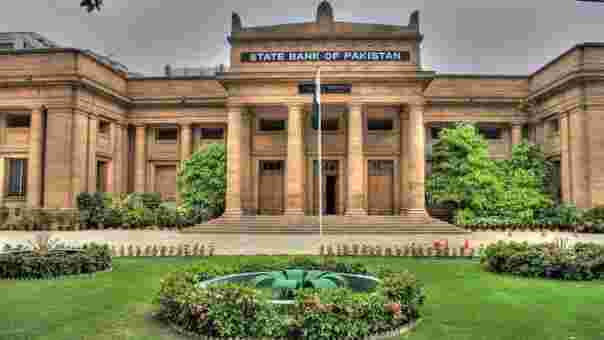Karachi, October 28, 2024 – The State Bank of Pakistan (SBP) reported a significant 85% rise in the repatriation of profits and dividends by foreign investors during the first quarter of the fiscal year 2024-25, reflecting a sharp increase in the outflow of funds.
The repatriation amount, recorded from July to September 2024, reached $393.40 million, up from $213 million in the same quarter of the previous fiscal year.
Breaking down the data, SBP highlighted that repatriation tied to foreign direct investment (FDI) surged 90%, amounting to $370.40 million in Q1 FY25 compared to $194.90 million during the corresponding period last fiscal year. This remarkable rise underscores the growing trend of foreign investors capitalizing on profits from their ventures in Pakistan, particularly as the business environment stabilizes.
In addition to FDI, the repatriation from investments in the capital market also saw an increase, albeit at a more modest rate. Profit repatriation from the capital market rose by 27%, totaling $23 million in Q1 FY25 compared to $18.10 million during the same quarter of the previous fiscal year. This suggests that, while FDI remains the primary driver, foreign investments in Pakistan’s capital market are also yielding favorable returns for overseas investors.
Financial analysts attribute this rise to SBP’s recent liberalization policies, which have facilitated foreign investors in moving their profits abroad. Historically, SBP had imposed stringent controls on profit repatriation due to a challenging external economic environment, which included a prolonged balance of payments crisis and declining foreign reserves. These restrictions had previously limited the ability of foreign firms to repatriate earnings, creating a backlog of funds awaiting approval for transfer.
However, with improvements in the macroeconomic landscape, SBP gradually eased these restrictions, aiming to promote foreign investment and enhance investor confidence. The bank’s current policy allows more flexible repatriation, encouraging foreign companies to expand operations and reinvest in Pakistan with the assurance of access to their earnings.
Market experts caution, however, that while this liberal policy boosts investor sentiment, it may exert short-term pressure on Pakistan’s foreign exchange reserves. The significant increase in outflows requires careful monitoring to maintain a balance between supporting foreign investment and safeguarding national reserves. Nevertheless, SBP’s measures are broadly seen as a positive step toward attracting sustained FDI inflows and fostering a favorable investment climate.
The marked increase in foreign profit repatriation underscores Pakistan’s evolving investment dynamics as SBP works to balance liberalization with economic stability. As conditions continue to normalize, Pakistan’s commitment to facilitating foreign investors may prove crucial in drawing long-term investments and enhancing the country’s economic prospects.
